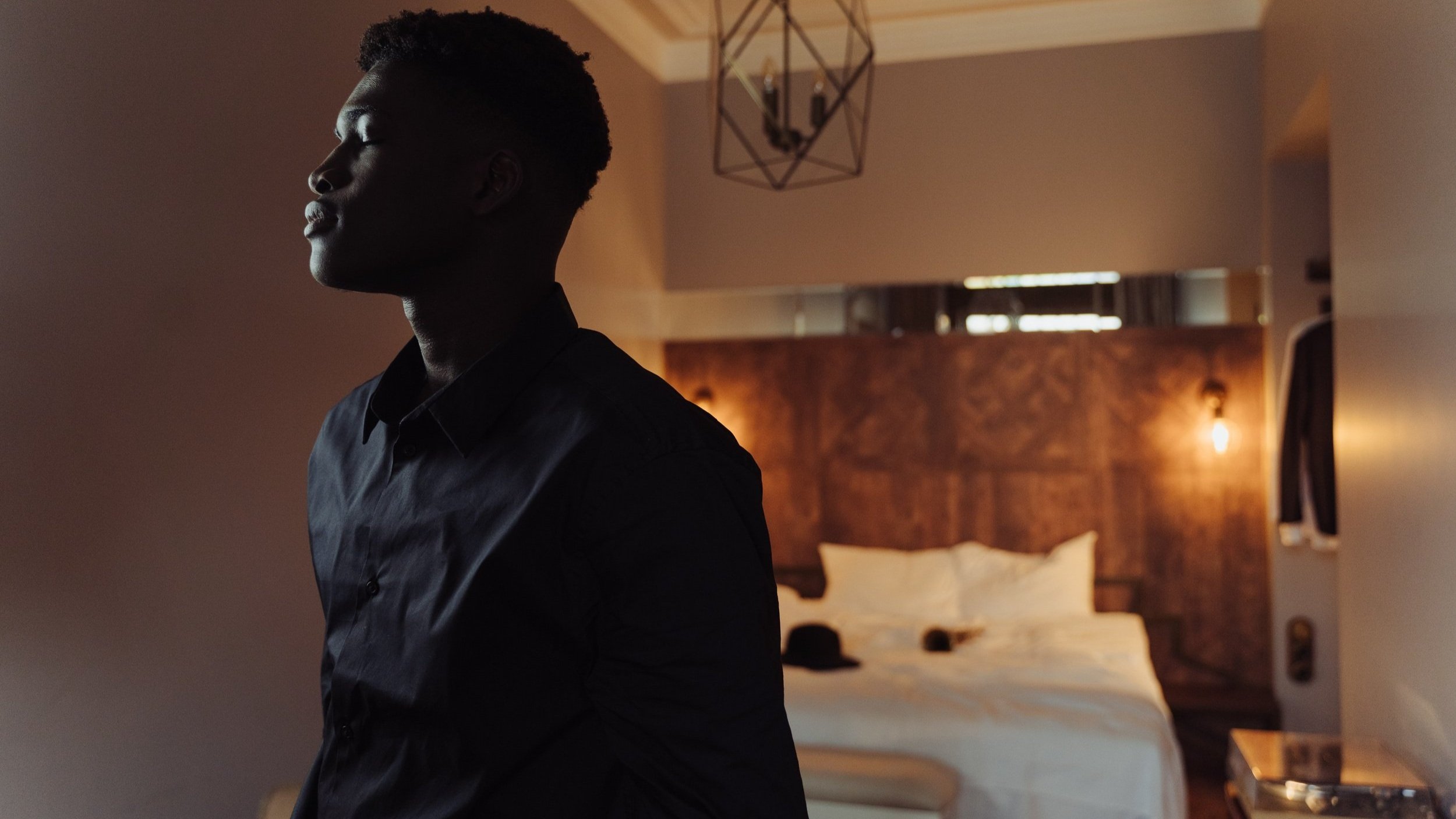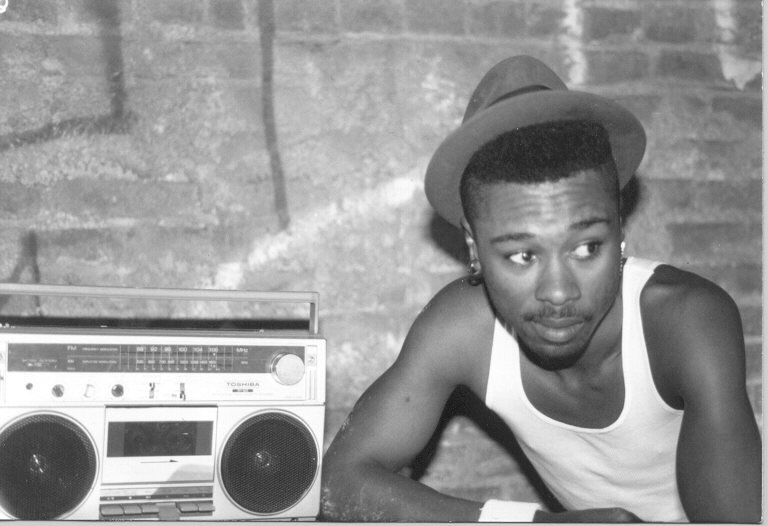Ariel Fristoe - LGBTQ Georgians and Allies Round Out AJC’s List of 55 ‘Everyday Heroes’
When Ariel Fristoe and her family moved into the Historic King District in downtown Atlanta, she had no idea how segregated her world was.
The Agnostic child of theater parents, she grew up around and regularly interacted with people from different backgrounds. However, her engagement in investigating and identifying systemic racism and inequality was few and far between. She never had to think much about what was happening with her neighbors.











